Olympic Stadiums: What Happens to Them When the Games Are Over?
Published Aug. 13 2021, 4:24 p.m. ET
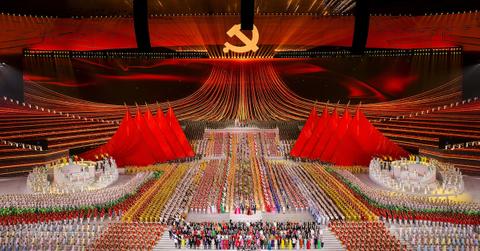
After weeks of competition, the visiting athletes, spectators, and dignitaries that have fought and cheered for Olympic glory are finally able to go home. But what happens to the Olympic Stadiums after the Games have ended? Most of the time, host countries are left with a rather large and potentially useless stadium on their hands. Some countries work hard to reuse and repurpose this space, but in some cases, the cost of maintaining such a massive space is too great a burden to bear.
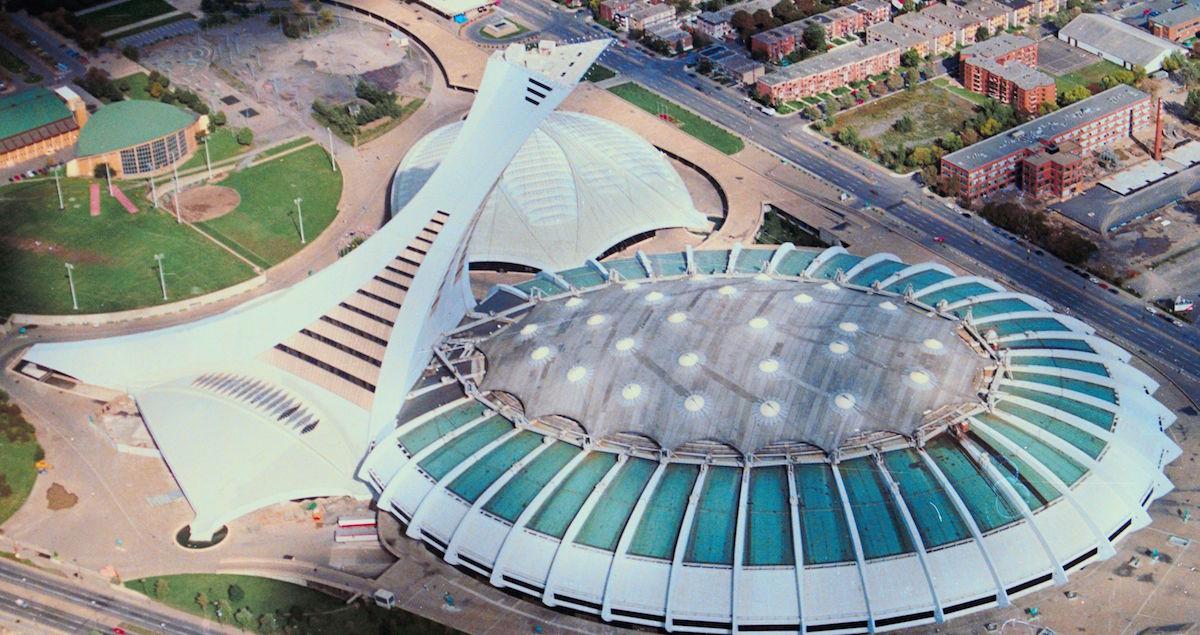
Some are abandoned.
In some cases, Olympic stadiums and villages wind up as nothing more than abandoned remnants of international triumph. War, misuse, and outright destruction can render even the most impressive structures into ruins. According to Insider, the abandoned site of the 1984 Sarajevo Olympics is the result of political strife in the region. The Bosnian War that occurred a decade after the event ended up splitting the former Yugoslavia into eight other countries, and finding a use for an old stadium hasn’t really been on anyone’s radar since then.
The Summer Olympics held in Athens in 2004 left the already struggling country with even more debt and they could think of nothing to do with the now moldering ruins of the stadium. A sad end — especially for a country whose heritage birthed the very concept for the Olympic Games.
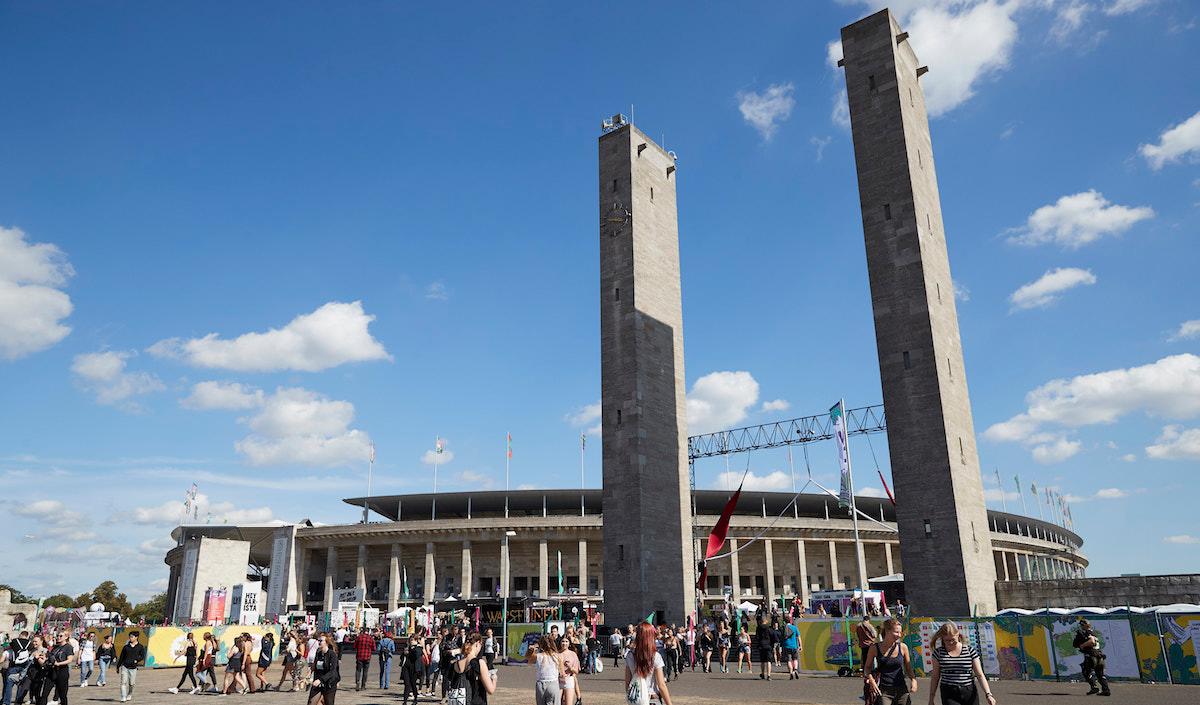
Some are repurposed.
Olympic stadiums get rebuilt and repurposed all the time. According to Unified Technologies, the site of the 2012 Summer Olympics in London cost around $700 million to build, and they definitely didn't let it rot in the center of the city once the games were done. Instead, the city spent another $400 million converting it into a soccer stadium for the West Ham football team.
According to Insider, the Atlanta-Fulton County Stadium which held the 1996 Atlanta Olympics was demolished and rebuilt following the games. However, Centennial Olympic Park stands as a monument to the infamous bombing of those games, and it remains a tourist attraction complete with Olympic Ring fountain. The same is true for the Olympiastadion in Berlin, the site of the 1936 Olympics which was abandoned for many years, but was refurbished in 2004, still drawing crowds today.
The 2008 Olympic Games in Beijing yielded a monumental structure in it’s unique “Bird’s Nest Stadium." Although the Chinese government has tried to make it a tourist attraction, circumstances still prevent it from attracting many visitors. Meanwhile, the Chinese government is still paying $11 million a year to keep it in good condition.
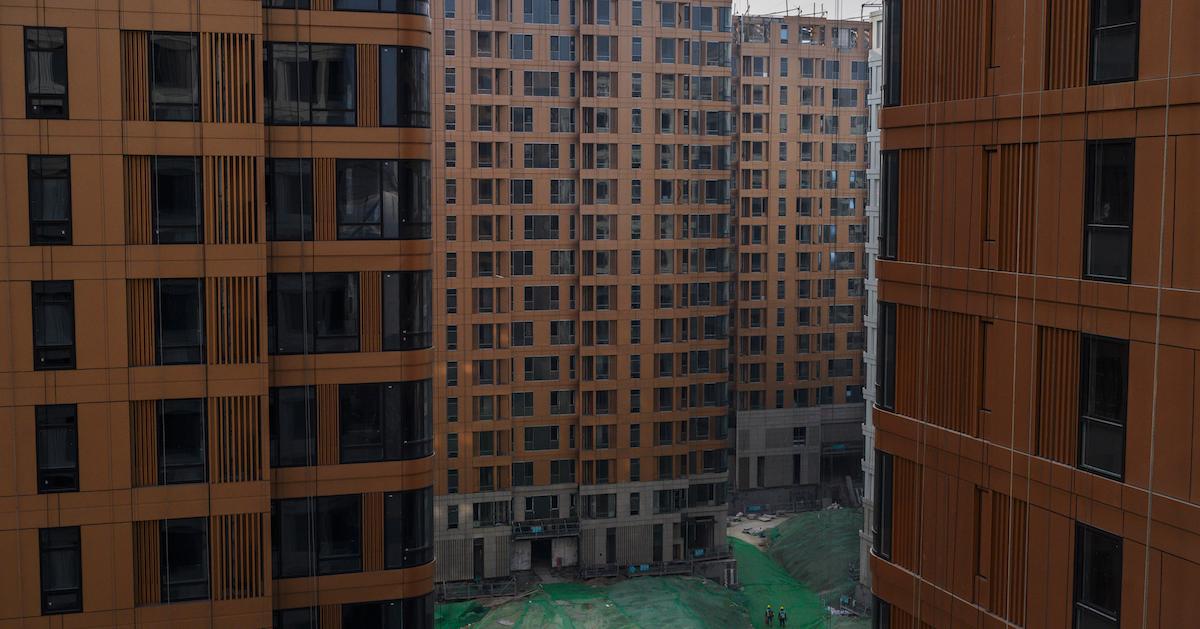
Some are put to use, but it comes at a price.
Though Sochi still uses much of its venue from the 2014 Winter Olympic Games, the event itself was nothing short of an environmental disaster, According to EcoWatch, Russia's Olympic committee reportedly lied about using only renewable resources to construct the stadium, and allegedly dumped dangerous toxic waste from the construction on protected land.
As a result, water sources in the region were all but destroyed. In addition, more than 8,000 acres of the protected Sochi National Forest were supposedly cleared during construction.
What will happen to the Olympic stadium after the Tokyo Olympic Games?
According to the official Tokyo Olympics website, The National Stadium that was originally built for the 1964 Olympic Games, has been rebuilt for the 2021 games. The plan is to utilize the stadium for cultural events and sporting events once the Olympics are over. The current stadium can hold over 68,000 people.
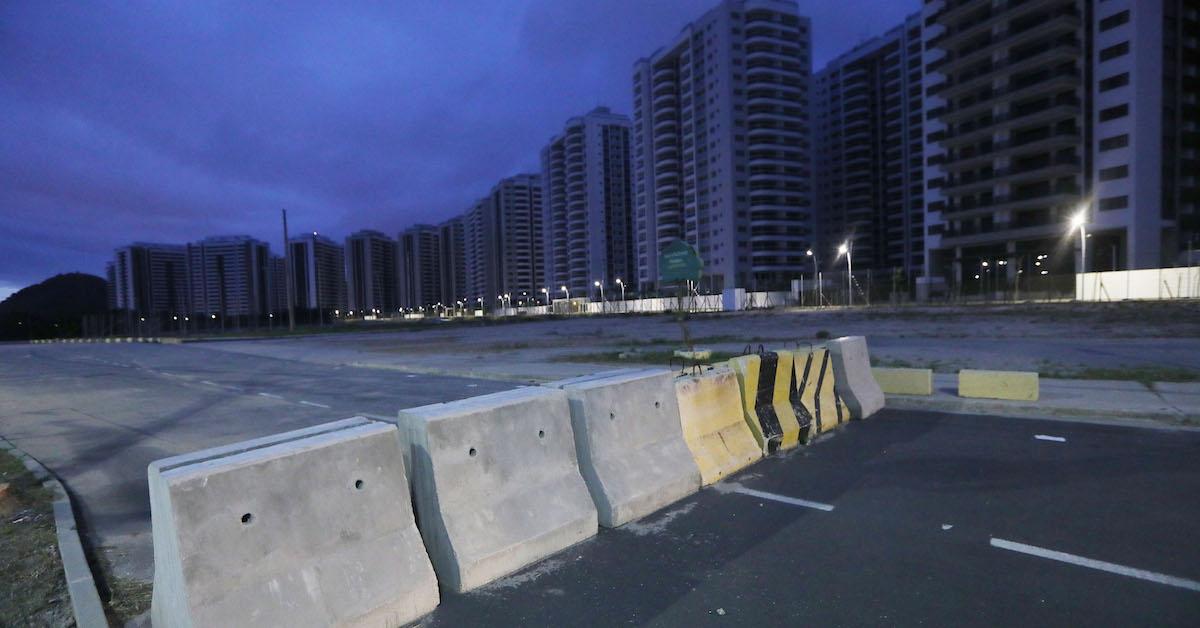
What happens to Olympic villages after the Games?
There have been cases where former Olympic villages have been repurposed into shopping malls, student apartments, restaurants, or luxury condos, but according to Forbes, not all of these measures have been successful.
For example, the 2012 Olympic village in London’s East End has flourished as a place for people to live, shop, and work, while the condominiums made from Rio’s 2016 Olympic village have remained mostly vacant since their transformation.
The failure of success of such enterprises is usually tied to the financial situation in a host country. Those whose economies are stable might be able to spend wisely and successfully repurpose the space, while those who are struggling might wind up cutting corners or taking the whole thing at a loss from the get-go.